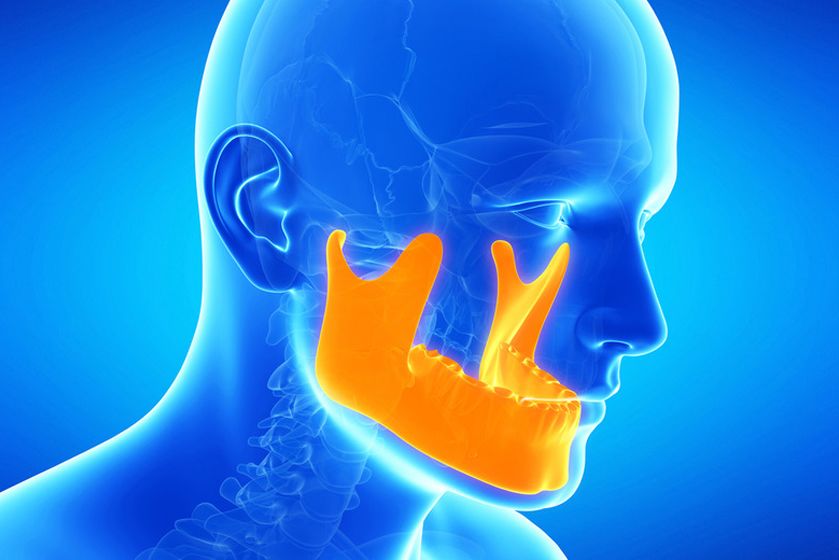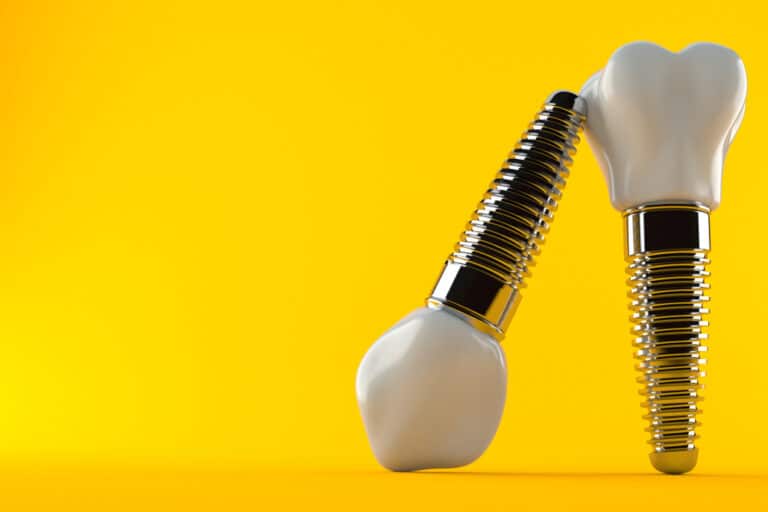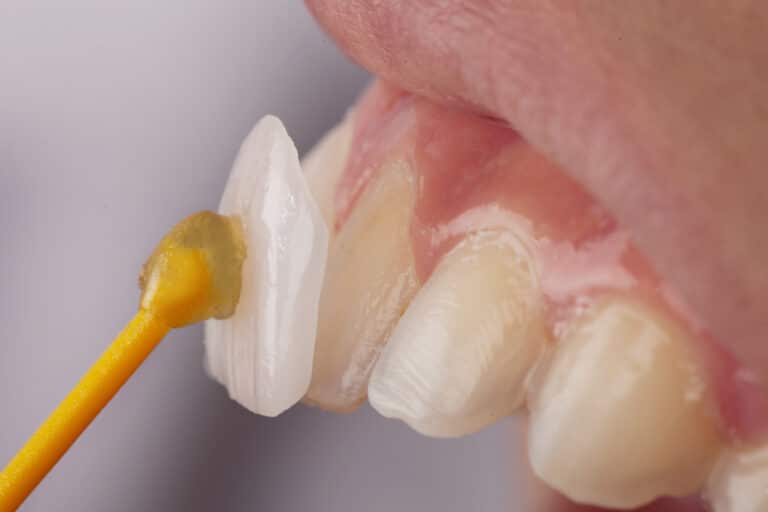The temporomandibular joints, or TMJs, are among the most commonly used joints in your entire body. These joints, located in front of your ears on either side of your head, connect your lower jaw to your skull. You use them every time you open your mouth, whether to take a bite of food, say something to a friend, or simply yawn. It’s little wonder, then, that the TMJs can easily become worn, irritated, and inflamed, resulting in a potentially painful condition known as TMJ disorder.
Fortunately, there are highly effective TMJ treatment options available at Astoria Dental Group, the cosmetic and general dentistry practice of Drs. Clifford Degel and Carmen Every-Degel. Before your condition can be treated, however, it must first be diagnosed. Unfortunately, many cases of TMJ disorder go undiagnosed for years because many of its symptoms are not obviously connected to the temporomandibular joints or the jaws.
We encourage you to read the following information about common TMJ disorder symptoms provided by our Queens, NY dentists, some of which may surprise you. If any of these symptoms apply to you, we urge you to schedule a consultation with Dr. Degel or Dr. Every-Degel today.
What Are the Most Common Symptoms of TMJ Disorder?
Some people believe that the primary symptom of TMJ disorder is always jaw pain. While jaw pain, or at least tenderness of the jaw, is certainly one of the most common symptoms of TMJ disorder, it is not always the most severe symptom, and may not always be a clear symptom at all. In fact, the symptoms of TMJ disorder may even point to another condition altogether, such as migraine, a pinched nerve in the neck, or a sore throat. People can go for years believing that they are suffering from chronic headaches or job-related discomfort, taking medicines to dull the pain and never realizing that they are actually suffering from a problem that can be treated by a dentist.
Aside from jaw pain or tenderness, TMJ disorder can produce the following common symptoms:
- Pain in, around, or in front of the ears
- Cracking sounds in the ears, especially when opening the mouth
- Headaches
- Blurred vision
- Shoulder and neck pain
- Cheek, chin, or general facial pain
- Numbness in the face
- Swelling in the temple region
- Ringing in the ears, or tinnitus
- Discomfort while chewing and swallowing
- Locking of the jaw, making it difficult to open and close the mouth
- Stiffness or tightness of the jaw or neck muscles
- Dizziness or vertigo
- Tongue swelling or pain
As you can see, many of these symptoms don’t point directly to a problem with the jaw joints – and, indeed, TMJ disorder may not be the problem underlying these symptoms. However, if TMJ disorder is diagnosed, then TMJ therapy may relieve your discomfort and pain while dramatically improving your function and restoring your quality of life.
Learn More about TMJ Disorder Symptoms
To learn more about the symptoms of TMJ disorder and how they can be relieved, please contact Astoria Dental Group today.




